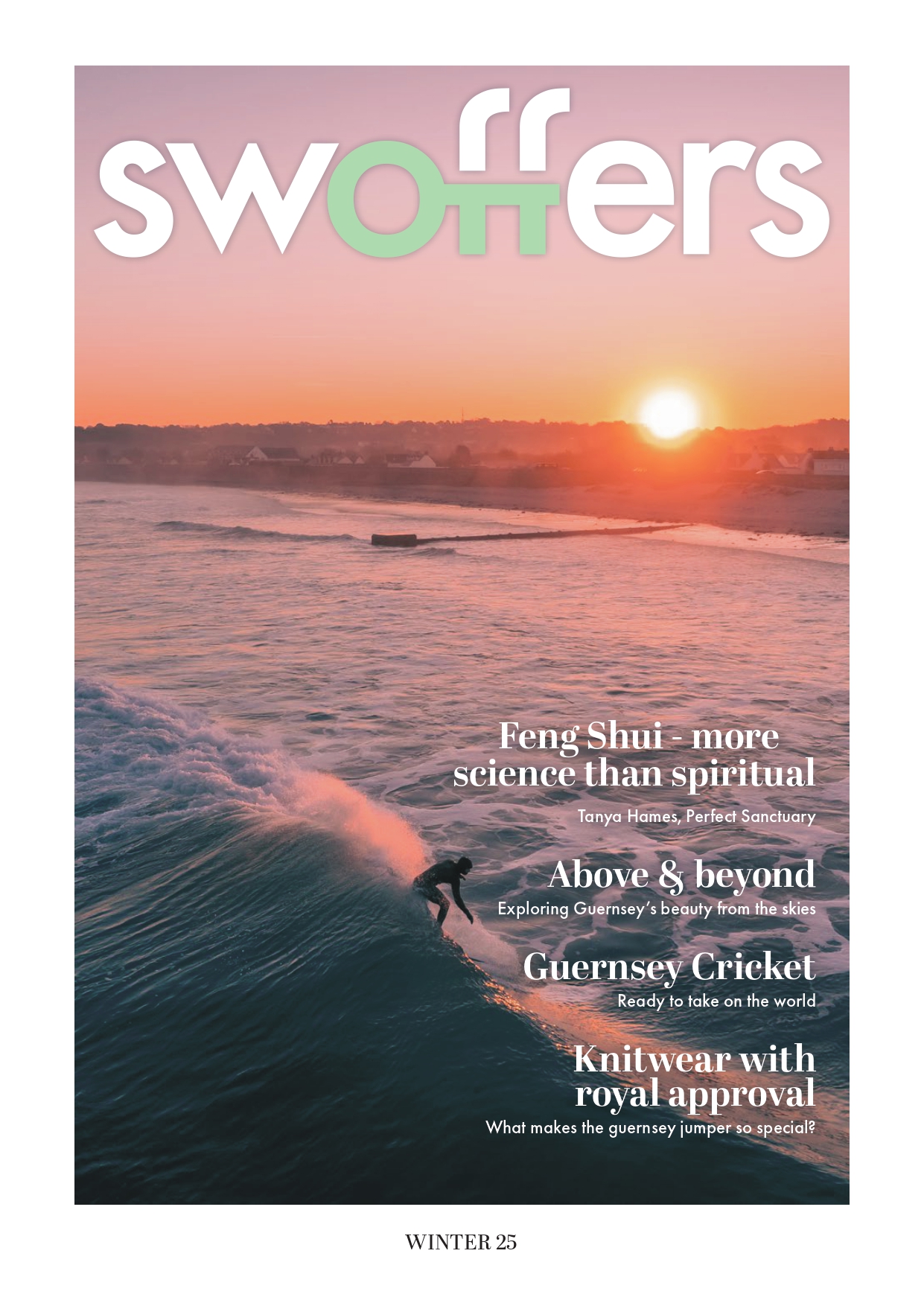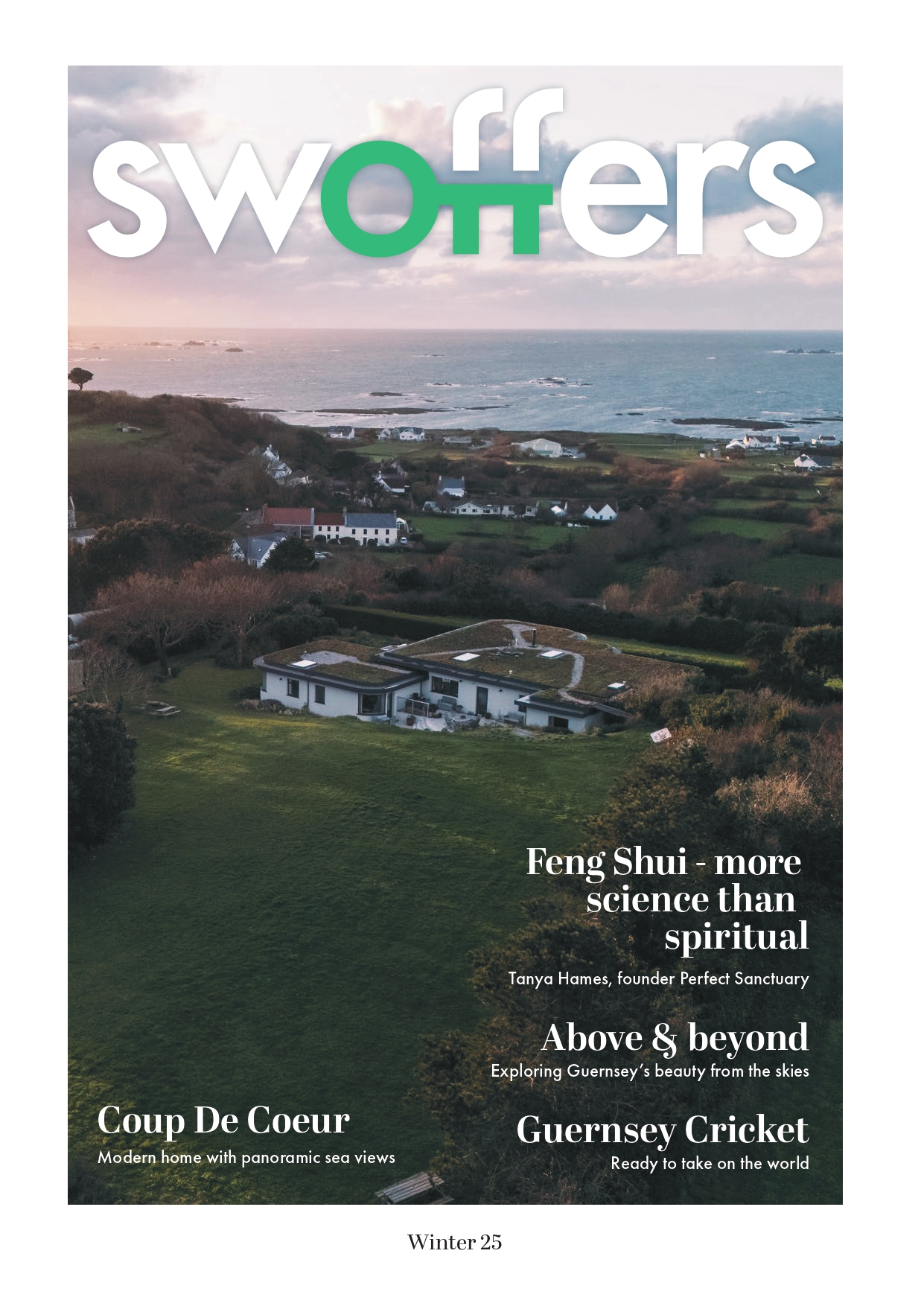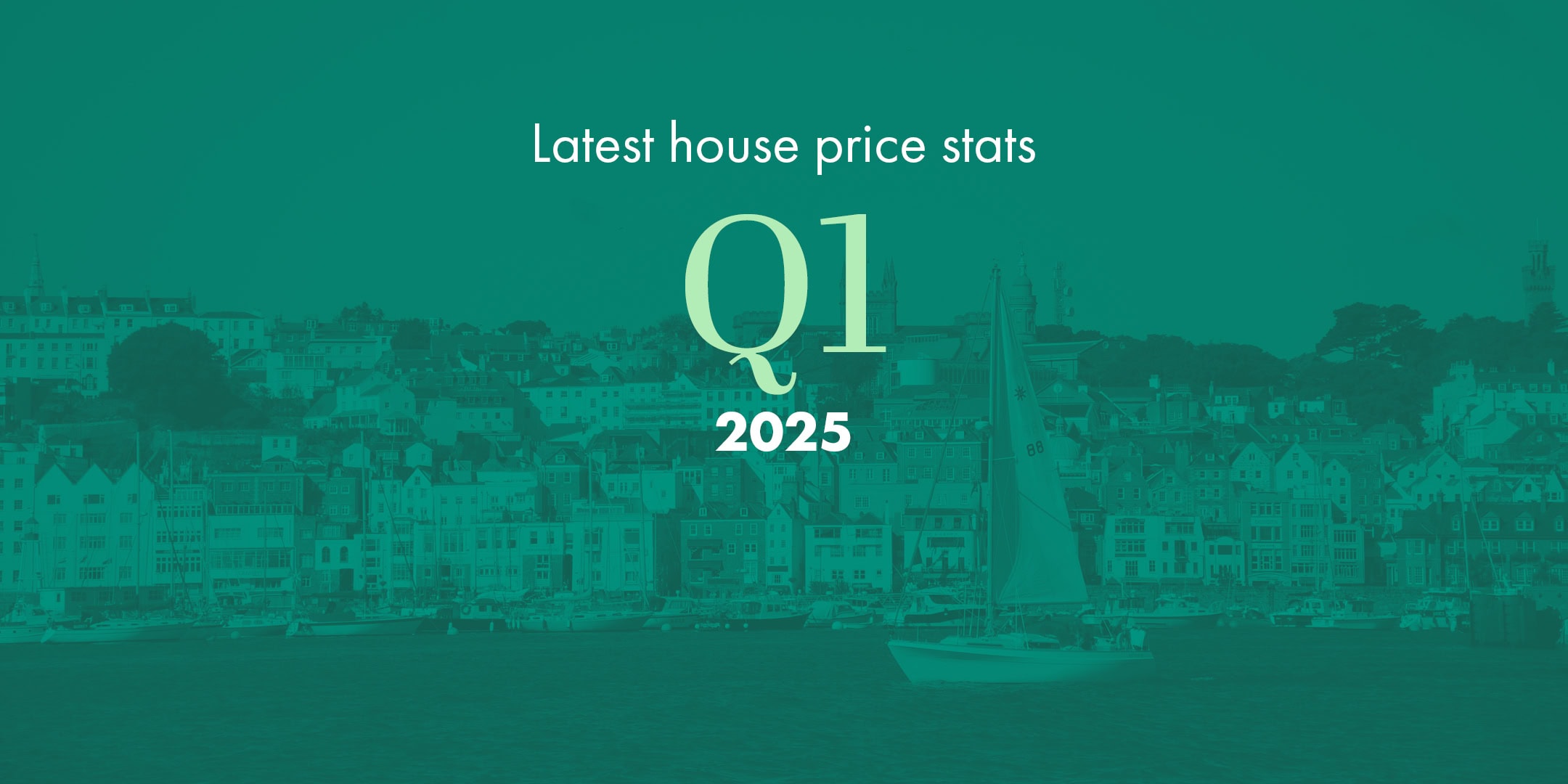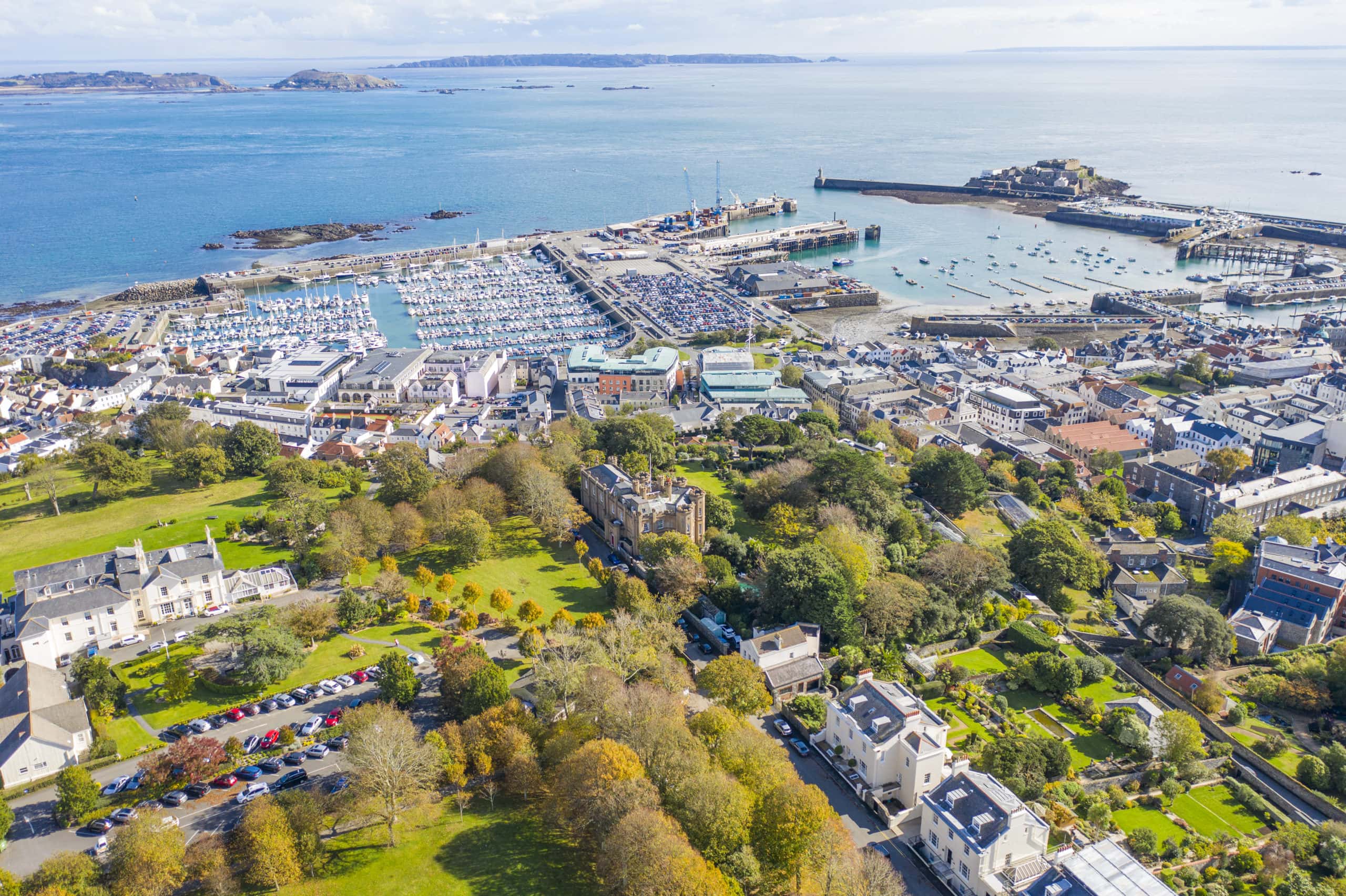The iconic Guernsey cow is not just beautiful, but the milk she produces is renowned throughout the world. We spoke to Andrew Eastabrook, Manager of Meadow Court Farm, about farming on the island and the benefits of creamy Guernsey milk.
Meadow Court’s 150-strong herd supplies milk to Guernsey Dairy, and Andrew and the farm’s owners are also very passionate about cattle genetics. ‘Essentially, the Guernsey cows on the island have a higher genetic merit than many Guernseys elsewhere around the world,’ explains Andrew. ‘So although milk is our core enterprise at the moment, we’re keen to explore the options in terms of supplying those genetics abroad.’
Andrew has plenty of experience of the Guernsey cow, a breed which was recognised in the early 1700s. His love of farming began when, whilst still at school in Surrey, he got involved with lambing and calving at a local farm. Andrew then completed a degree in Agriculture and Animal Science at Newcastle University. He went on to look after a herd of Holstein-Friesians before managing the Brymor herd of Guernseys in North Yorkshire. Most recently, Andrew set up and managed a herd of Guernseys at Hartpury College in Gloucestershire. So when he had the chance to work on the island, Andrew says, ‘The opportunity was too great for me to pass up on, in that it was at the core of where the breed has originated from and where the best genetics in the world are.’
When it’s milking time, the staff only need to call the cows and they contentedly file out of their barn or field. Andrew says: ‘The first thing that attracted me to the Guernsey cows is their temperament. They are very docile, calm animals and they like interaction with humans. So that makes everything 10 times easier.’ Cow welfare is the number-one priority at Meadow Court: ‘Happy, comfortable cows are as productive as they can be, and the more space you give a cow and the healthier she is, the more milk she produces. So from a business perspective she is a more profitable animal, but more fundamentally it’s the right thing to do. We choose to work with animals, and we’re here to serve them.’
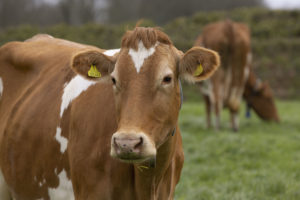
The island’s mild, ‘great grass-growing’ climate is perfectly suited to dairy farming. The Guernsey doesn’t break down the beta-carotene in grass, which is why their milk has a rich golden colour which is particularly notable in butter and ice cream. There is another advantage too: ‘There’s three times the level of Omega 3 in their milk compared to other breeds, and over 80% of Guernseys carry the A2-A2 gene, which is a specific protein which has been found to cause a lot less discomfort to consumers. A vast number of lactose-intolerant people are self-diagnosed, and are actually sensitive to A1 beta-casein, which is present in around 85% of Holstein milk.’ There is a high demand in the Middle East and Asia for A2 produce, but its benefits are not widely known in the UK.
As a relative newcomer to the island, Andrew has settled well and has found the farming community to be supportive. He has also noted a positive engagement with farming amongst people living in the island. ‘Everybody’s got some farmland within walking distance of their home, and they enjoy seeing grazing cattle. When the herd is crossing a road there can be a tailback of 10 or 15 cars waiting for us and everybody’s smiling and taking photos.’
The industry is supported by the States of Guernsey, with funding provided to ensure that the purity of the breed is maintained. An import ban was introduced in 1789, which has prevented the diluting of genetics seen elsewhere. Furthermore, only local milk is sold in shops, meaning food miles barely exist. As Andrew points out: ‘The milk isn’t produced somewhere in England then put on a boat. You can see the cows in the field, and their milk will be up at the dairy then on the shelf within a day.’
Andrew doesn’t come from a farming family, and he has observed a renewed interest in agriculture outside of the traditional route of farms being passed down through the generations. ‘It’s a really positive thing for agriculture because we’re getting ideas from other industries and we’re getting people with other life experiences,’ he says. Sustainability is key for the island, since farmers play a key role in managing the countryside, its earth banks, hedges, field margins and so on. Andrew’s advice to prospective farmers is: ‘Just go and knock on doors. Farmers don’t necessarily have time to do much on social media or go to careers fairs but if anyone’s passionate about the industry we’re happy to support that.’ One thing is for certain – the island would be a poorer place without the presence of the much-loved Guernsey cow.
